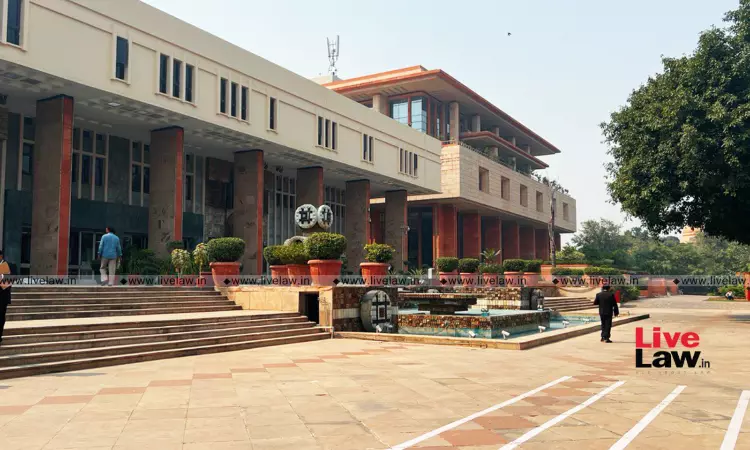Rights out of Holding Of Non-Hereditary Office, Dies With Person's Death, Not Transferable Or Heritable: Delhi High Court
Namdev Singh
1 Jun 2024 1:30 PM IST

Next Story
1 Jun 2024 1:30 PM IST
A single bench of Delhi High Court comprising of Justice Dharmesh Sharmawhile deciding a civil revision petition in the case of Revd. John H. Caleb v. Diocese of Delhi-CNI and Ors, has held that a personal right of action, arising due to holding of a non-hereditary office, dies with the death of the person concerned and not transferable or heritable.Background And Facts Of The CaseReverend...
